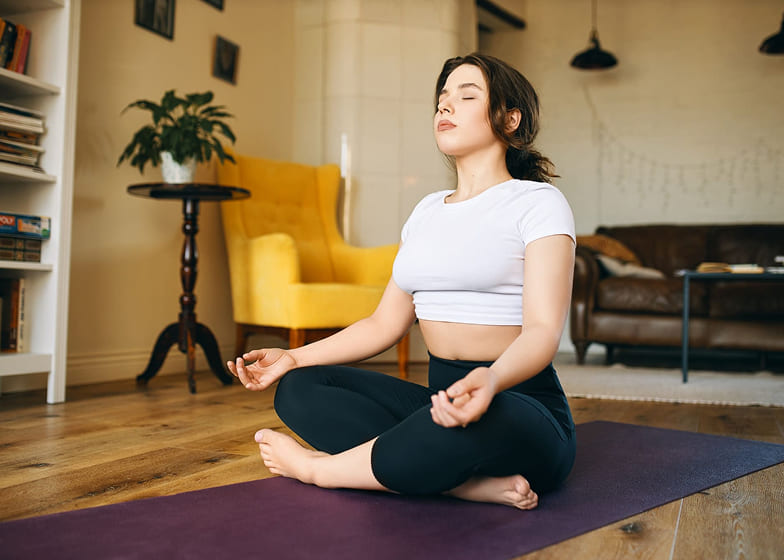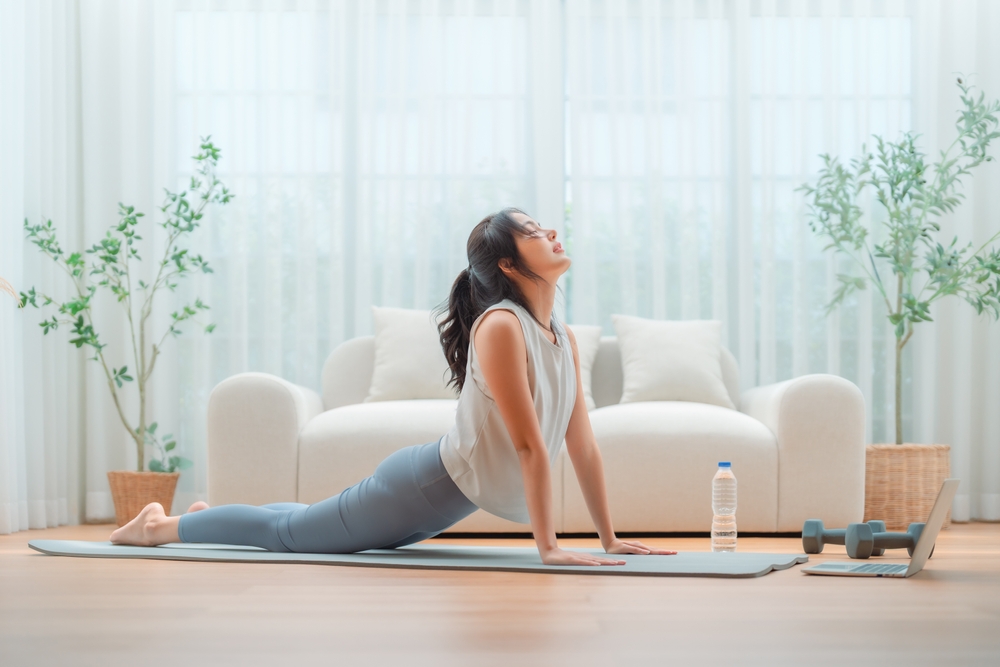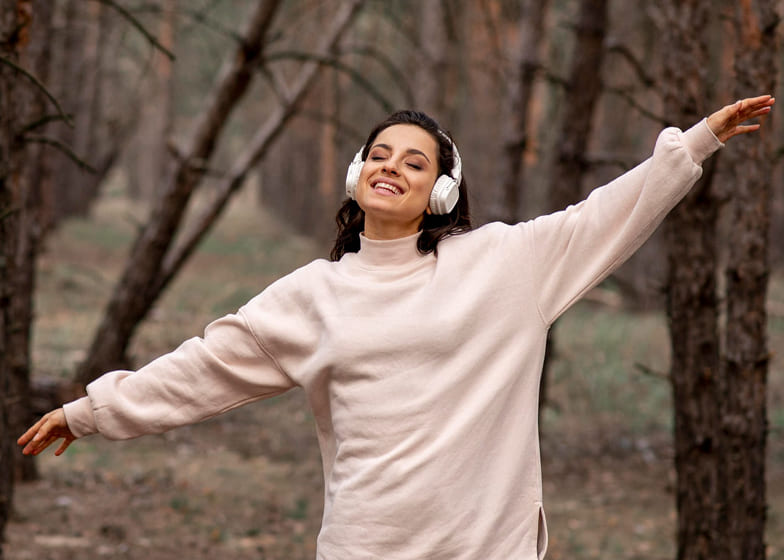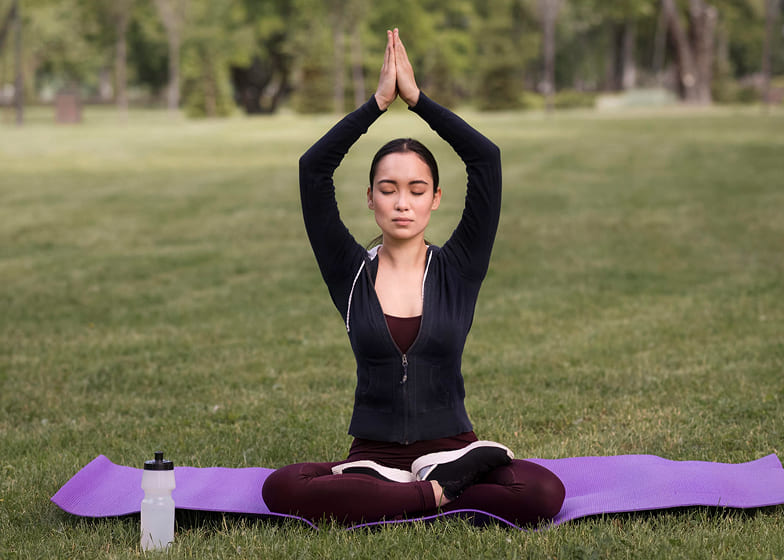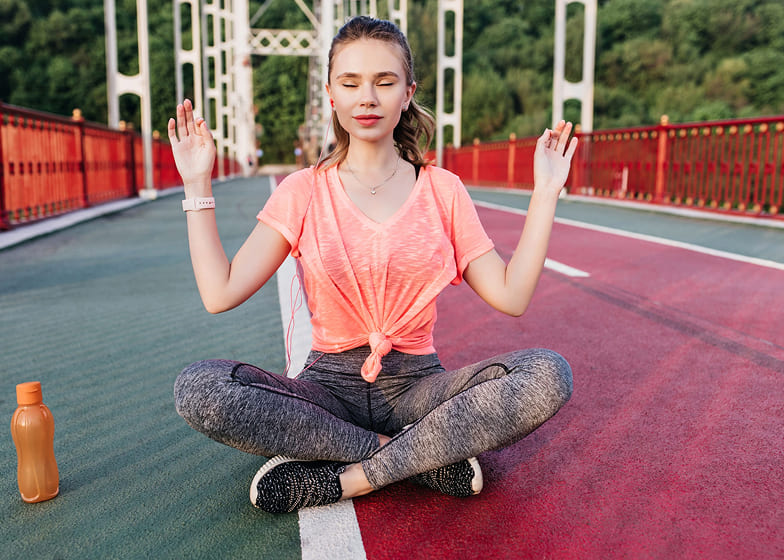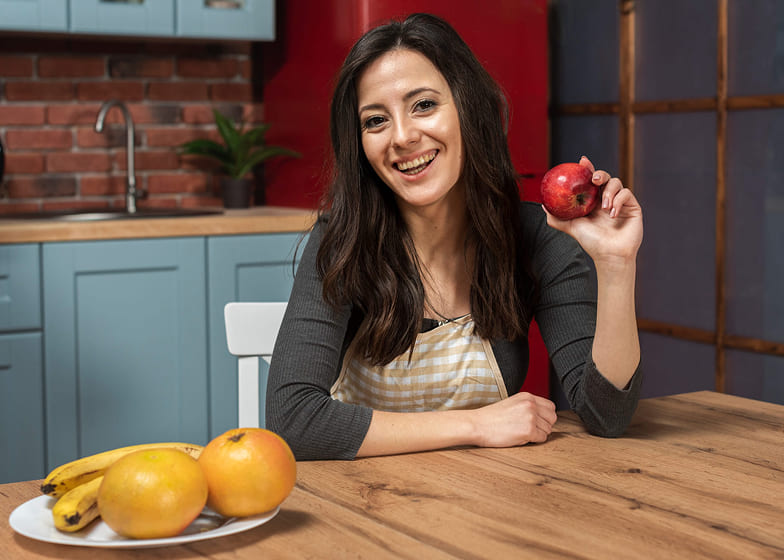Meditation is one of the most powerful tools for achieving inner peace, clarity, and emotional balance. For beginners, it can seem mysterious or even intimidating, but in reality, meditation is a simple practice that anyone can learn. It’s not about emptying your mind completely, but rather about training your attention — learning to observe your thoughts, emotions, and sensations without judgment. With consistency, meditation helps you slow down in a fast-paced world and reconnect with yourself.
The first step to beginning meditation is creating a calm environment where you can sit comfortably without distractions. Start small — even just five minutes a day can make a difference. Focus on your breathing as it naturally flows in and out, noticing how your body feels with each breath. When your mind wanders, gently bring your focus back to your breath without frustration. Over time, this simple awareness becomes stronger, helping you build mental resilience and emotional calmness.
There are many forms of meditation to explore — mindfulness, guided visualization, loving-kindness, and mantra meditation, among others. Beginners often find guided meditations helpful, as they provide structure and direction. As you progress, you’ll discover which technique aligns best with your personality and goals. The key is consistency — regular practice, even for a few minutes daily, offers far greater benefits than occasional long sessions.
With patience and dedication, meditation transforms from a daily habit into a way of life. It enhances focus, reduces stress, improves sleep, and nurtures compassion — both for yourself and others. The journey of meditation is deeply personal and unique for everyone, but the destination is universal: a quieter mind, a lighter heart, and a deeper sense of inner peace.
Meditation
Meditation is a mental practice that involves focusing your mind and developing awareness to achieve a state of clarity, calmness, and emotional balance. It’s an ancient technique rooted in many spiritual and cultural traditions, but today it’s also widely recognized as a powerful tool for improving mental health and overall well-being. At its core, meditation is about training the mind — learning to observe your thoughts and emotions without being controlled by them.
Unlike relaxation, which simply helps you unwind, meditation encourages mindfulness — a deep awareness of the present moment. During meditation, you might focus on your breath, a mantra, an image, or simply observe your thoughts as they arise and pass. This practice helps quiet the constant stream of mental chatter and allows you to experience stillness and peace within yourself.
There are many types of meditation, including mindfulness meditation, guided visualization, loving-kindness meditation, and transcendental meditation, each with its own focus and method. Regardless of the style, the purpose remains the same — to cultivate a calm mind, emotional stability, and a deeper connection to the present.
Over time, consistent meditation can lead to profound benefits such as reduced stress and anxiety, improved concentration, better sleep, and greater emotional resilience. It helps you become more patient, compassionate, and self-aware — allowing you to respond to life’s challenges with clarity instead of reaction. In essence, meditation is both a practice and a way of life — a journey toward inner peace and self-discovery.
Meditation for Beginners: A Step-by-Step Guide
Meditation is a practice that helps calm the mind, reduce stress, and enhance emotional well-being. For beginners, it might feel challenging to sit still and focus, but with the right approach, anyone can learn to meditate effectively. This step-by-step guide breaks down the process into simple, easy-to-follow stages, helping you develop a consistent and rewarding meditation routine.
Understand What Meditation Is
Before you begin, it’s important to understand what meditation truly means.
- Definition: Meditation is the practice of training your mind to focus and redirect thoughts. It’s about awareness, not perfection.
- Purpose: It helps increase mindfulness, emotional balance, and mental clarity.
- Common Misconception: You don’t need to “stop thinking.” Instead, learn to observe thoughts without reacting to them.
Choose the Right Time and Place
Creating a peaceful environment is key to effective meditation.
- Quiet Space: Find a calm area free from noise and distractions.
- Consistent Timing: Morning or evening are ideal times when the mind is naturally quieter.
- Comfortable Setting: You can sit on a chair, cushion, or floor — the goal is comfort, not posture perfection.
Set a Clear Intention
Having a purpose for your meditation helps you stay focused.
- Why You’re Meditating: It could be for stress relief, better focus, or emotional balance.
- Short-Term Goals: Start small — aim for 5–10 minutes per day.
- Long-Term Vision: As you progress, extend your sessions to 20–30 minutes for deeper benefits.
Focus on Your Breath
Breathing is the anchor of most meditation practices.
- Natural Breathing: Don’t try to control it; just notice the rhythm.
- Mindful Observation: Pay attention to how air feels as it enters and leaves your nostrils or chest.
- Bring Back Focus: When your mind drifts, gently return attention to your breath — this is the essence of meditation.
Notice Your Thoughts Without Judgment
The mind will wander — and that’s completely normal.
- Be the Observer: Watch your thoughts come and go, like clouds passing in the sky.
- Avoid Criticism: Don’t label thoughts as “good” or “bad.”
- Return to Awareness: Each time you notice distraction, guide yourself back to your breath or chosen focus point.
Explore Different Meditation Techniques
Experimenting helps you discover what works best for you.
- Mindfulness Meditation: Focus on the present moment — your breath, body, or surroundings.
- Guided Meditation: Listen to a teacher or app that directs your focus step by step.
- Loving-Kindness Meditation: Cultivate compassion by silently repeating kind phrases toward yourself and others.
- Mantra Meditation: Repeat a calming word or phrase to center your attention.
Use Helpful Tools
Certain aids can make meditation easier, especially for beginners.
- Meditation Apps: Apps like Calm, Headspace, or Insight Timer provide guided sessions.
- Music or Nature Sounds: Gentle background sounds can create a relaxing atmosphere.
- Timer: Set a timer so you don’t have to worry about time during your session.
Be Consistent
Consistency is more important than duration.
- Daily Practice: Meditate at the same time every day to build habit.
- Start Small: Begin with 5 minutes and gradually increase as you grow comfortable.
- Track Progress: Keep a meditation journal or use an app to track your streaks and feelings.
Overcome Common Challenges
Every beginner faces distractions — the key is persistence.
- Restlessness: Try shorter sessions or focus on counting breaths.
- Sleepiness: Meditate sitting upright or with eyes slightly open.
- Frustration: Remember, progress takes time — meditation is a journey, not a destination.
Reflect After Each Session
Take a moment to appreciate your practice when you finish.
- Notice Feelings: Do you feel calmer, lighter, or more centered?
- Journal Thoughts: Write down any insights or sensations.
- Express Gratitude: Thank yourself for taking time to care for your mind and soul.
Summary
Meditation is not about achieving instant calm — it’s about developing awareness, patience, and balance over time. As you continue your practice, you’ll notice reduced stress, better focus, and a greater sense of peace in daily life. Start small, stay consistent, and let meditation become a natural part of your routine. The more you practice, the deeper your sense of inner stillness and happiness will grow.

